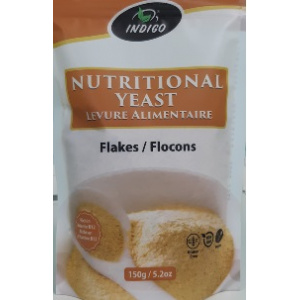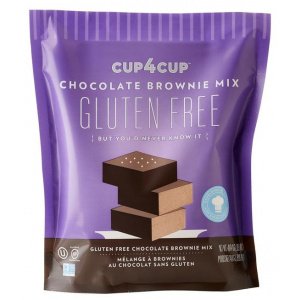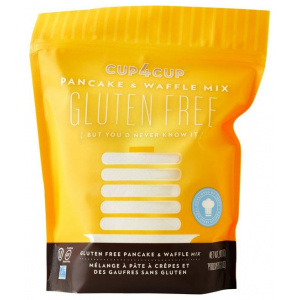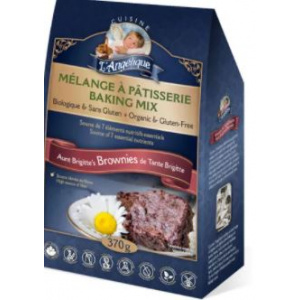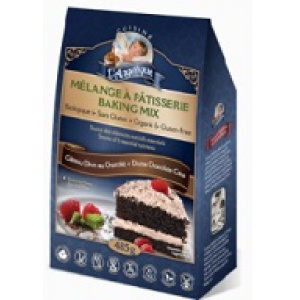The gluten-free diet is a lifestyle choice that has become very popular in recent years. However, many people do not know what the diet actually entails and why it is so important to maintain strict adherence to it. The Vegan Boutique in Toronto is a great place for all your gluten-free shopping
What is Gluten intolerance?
Gluten intolerance is an actual medical condition that can cause some significant health issues. The gluten-free diet is the only known treatment for people who suffer from this allergy and it must be followed very strictly in order to prevent any further damage and discomfort.
The vegan lifestyle has become increasingly popular over the last few years, but many of those on a strict plant-based regimen do not realize they might also need to follow a gluten-free diet as well. The Vegan Boutique in Toronto offers great products like breads and pasta that are made with healthier ingredients such as quinoa flour or rice flour instead of wheat flour which allows consumers to get all their dietary needs met without compromising taste or quality.
What Does Gluten-Free Mean?
A lot of people are asking what gluten-free means. The best way to answer that is with a definition: “a diet that excludes foods containing gluten, especially wheat, barley, and rye.” Gluten is a protein found in the grains wheat, barley, and rye. The term “gluten-free” on food packaging means that it does not contain any of these ingredients or derivatives of them.
What Are Gluten-Free Grains?
Gluten-free grains are any type of grain that does not contain gluten, a protein found in wheat. The most common types include rice, corn, and quinoa.
Are Gluten-Free Products Healthy?
The answer is yes. The gluten-free diet has been around for decades and it’s increasing in popularity with the increase of people who have celiac disease, non-celiac gluten sensitivity, and other autoimmune diseases related to wheat allergies. The vegan diet is based on not eating any animal products or by-products. The Vegan Boutique has a wide variety of gluten-free, dairy-free and 100% organic products in Toronto that are healthy for your body as well as the environment.
What Food Contains Gluten?
The obvious foods to avoid on a gluten-free diet are wheat, rye, and barley. The less known grains that contain gluten include Kamut, spelt and triticale (a cross between durum wheat), which often show up in ready-made baked goods or pasta; couscous; farro; semolina; bulgar, and meal made from oats processed with the same equipment used for processing other cereal grains like wheat can be contaminated with trace amounts of gluten. The risk is greater when dishes use curry powder, soy sauce, teriyaki sauce, or marinated meats as thickening agents since they may also contain gluten ingredients.
Health Benefits of a Gluten-Free Diet
– Reducing bloating and cramps
Managing gastrointestinal symptoms such as constipation or diarrhea. The gluten-free diet may help manage irritable bowel syndrome, a condition that causes abdominal pain, discomfort, bloating, gas, and changes in bowel movements without any known cause. The gluten-free diet may also help people with Crohn’s disease or ulcerative colitis. These conditions can cause severe abdominal pain, bloody stool and weight loss despite an increased appetite.
The gluten-free diet allows for the reduction of heartburn and gastroesophageal reflux disease (GERD) because it limits the intake of foods that contribute to these conditions such as chocolate.
– Increase Energy Level
The removal of gluten from your diet may result in an increase in energy level and improved concentration absorption in the body.
People with celiac disease frequently feel tired, sluggish, and experience “brain fog.” These symptoms might be caused by nutritional deficiencies owing to gastrointestinal damage. An iron deficit, for example, can lead to anemia, which is common in celiac disease. If you have celiac disease, switching to a gluten-free diet may help you feel more energetic and stop you from feeling tired and sluggish. In a study of 1,031 persons with celiac disease, 66% of them reported fatigue. Only 22% of individuals still had fatigue following a gluten-free lifestyle
– Can Help You Lose Weight
When you begin following a gluten-free diet, weight loss is not uncommon. This is due to the fact that it eliminates many junk meals that provide unwanted calories to the diet. Fruit, vegetables, and lean proteins are commonly substituted for these foods. It’s critical to avoid processed “gluten-free” foods like cakes, pastries, and other snacks since they may soon add up a lot of calories in your diet. Consume meals rich in whole, unprocessed food such as fruits, veggies, and lean proteins.
– Relieve Digestive Symptoms
The majority of people on a gluten-free diet seek to alleviate digestive problems. Bloating, diarrhea or constipation, gas, tiredness, and a variety of other symptoms are among them.
According to studies, following a gluten-free diet can help with digestive issues in people who have celiac disease or non-celiac gluten sensitivity. For six months, 215 persons with celiac disease followed a gluten-free diet in one trial. The severity of stomach pain and the incidence of diarrhea, nausea, and other symptoms were significantly reduced.
Are Eggs Gluten-Free?
The short answer is no. Eggs are not gluten-free because they contain proteins from wheat and other grains which cannot be eaten by those with celiac disease or gluten intolerance.
Is Butter Gluten-Free?
The simple answer is yes! Butter, like other dairy products, is gluten-free by nature. The traces of gluten found in butter are so small that they do not contribute to the overall 20 parts per million (ppm) required for a product to be considered gluten-free. The concern with all dairy products is cross-contamination during production or processing which can lead to higher levels of gluten being present in any given batch – but this does not mean that dairy is inherently gluten-free. The same can be said for butter – it’s gluten-free by nature, but if exposed to cross-contamination during the manufacturing process or after being produced you could have a higher level of gluten in your batch.
Are Oats Gluten-Free?
The answer is yes, oatmeal can be eaten by people who have a gluten allergy. The oats themselves don’t contain gluten, but they are usually processed in the same facilities as wheat and other grains that do contain gluten. The reason for this is that oats are commonly grown in rotation with wheat crops. The two grains have a similar growing season so they are often harvested at the same time making it easy to share processing facilities. The concern lies not with contamination of oats by gluten, but rather cross-contamination from other products that may be processed simultaneously, such as flour or cereal mixes. Oats also contain avenin which can cause an autoimmune response in people who suffer from celiac disease if consumed over long periods.
Where To Buy Gluten-Free Products In Toronto?
The Vegan Boutique in Toronto offers a wide range of vegan, gluten-free, dairy-free & organic products for breakfast, baking (cakes, bread, etc.) pasta, and snacks. Products also include organic sugars and sweetener alternatives, low carb, and Keto options.
The Vegan Boutique is your one-stop shop for vegan, gluten-free, dairy-free & organic products in Toronto.


